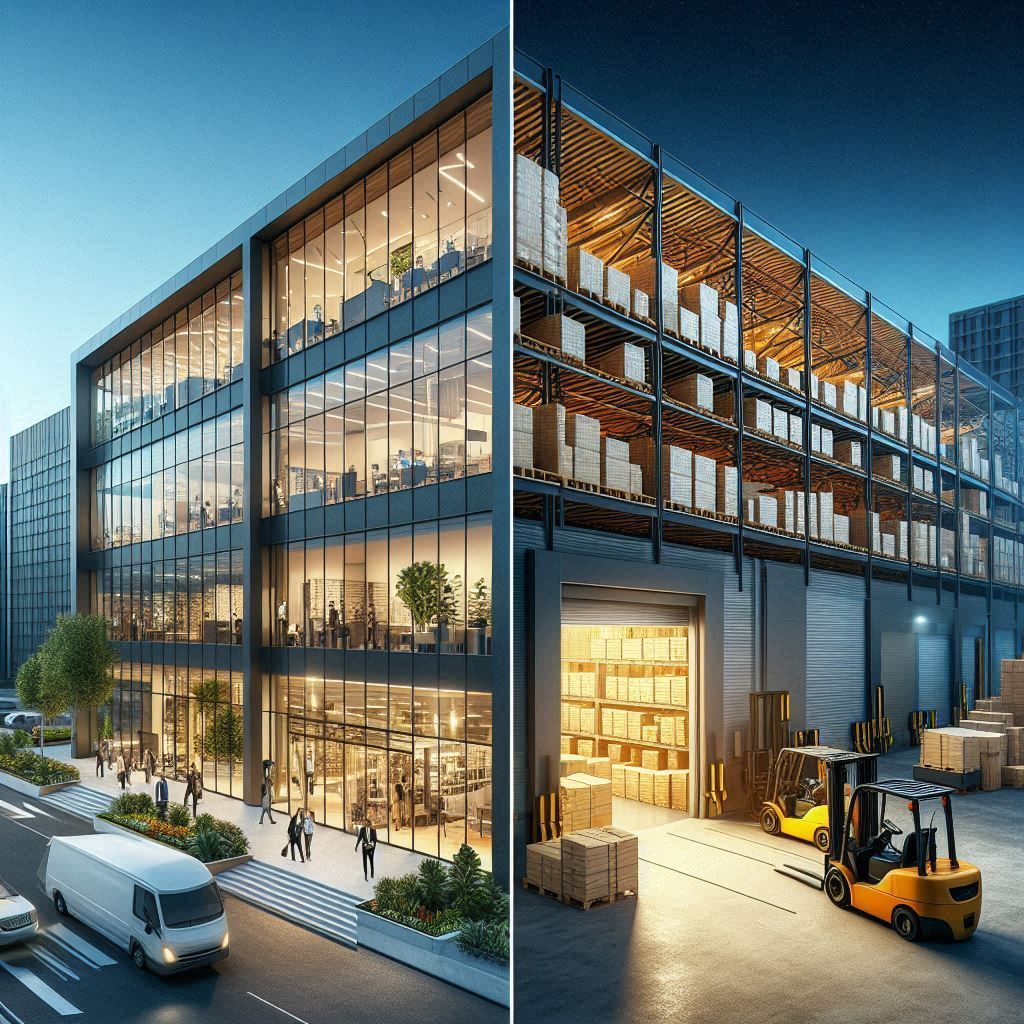Commercial Real Estate:
- Local Zoning Ordinances: Commercial zoning ordinances typically cover a wide range of uses, including retail, office spaces, hotels, and restaurants. These regulations define permissible activities, building heights, density and parking requirements. For instance – commercial zones may restrict certain industrial activities to maintain an area’s commercial character and appeal.
- Rezoning and Variances: Rezoning commercial property to accommodate new uses or developments may be a necessary task if the existing zoning designation does not align with the intended use. This involves a formal application process, public hearings, and approval from local authorities. Commercial properties might also seek variances for specific needs, such as signage or setback adjustments.
- Mixed-Use Developments: Commercial zoning can also encompass mixed-use developments. Mixed-use combines residential, commercial and sometimes industrial uses. These developments require careful planning and adherence to both commercial and residential zoning requirements.








